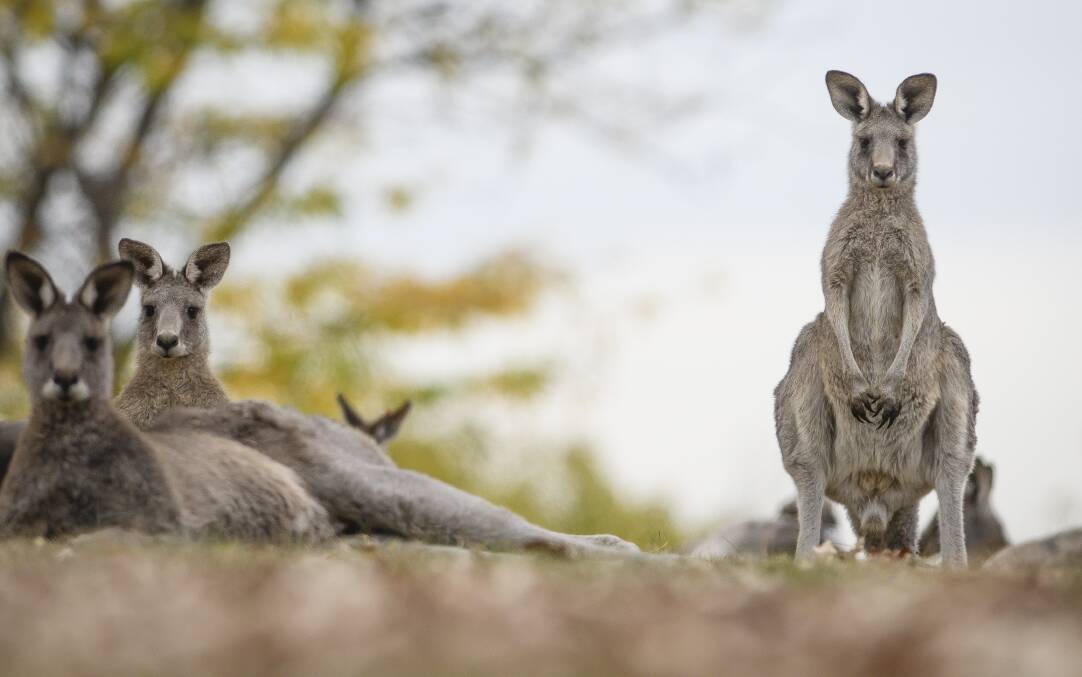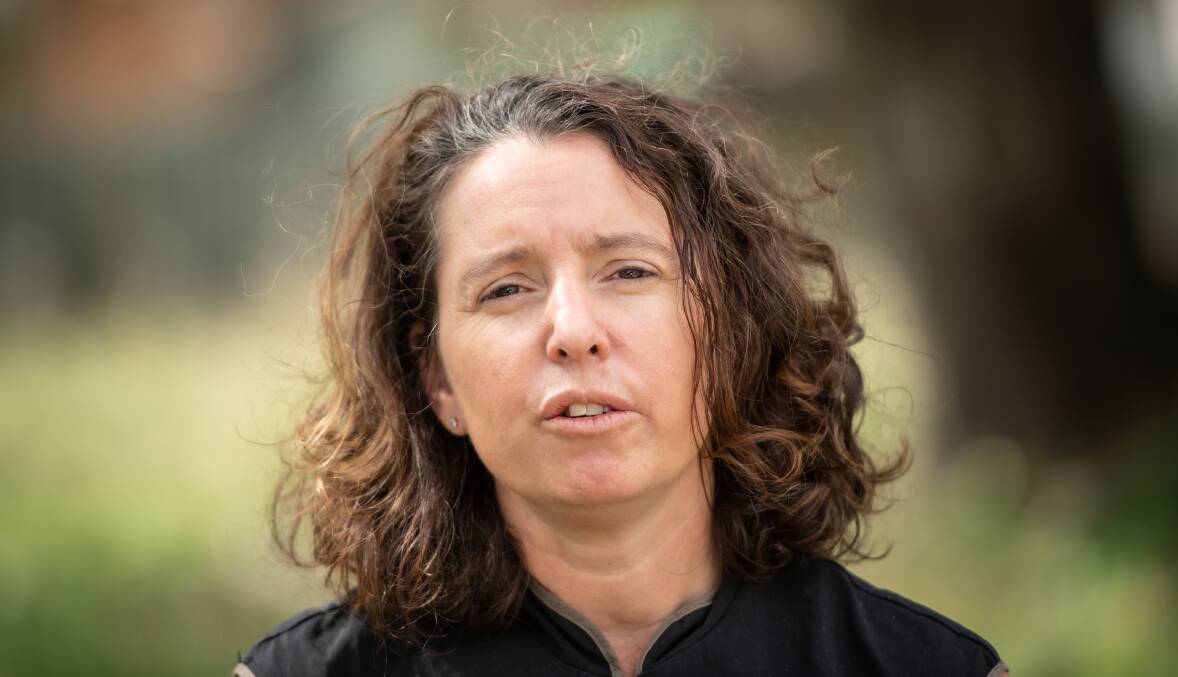
An Australian-first contraceptive program will be rolled out in the ACT to manage the territory's kangaroo population, which will mean fewer animals need to be shot in annual culls.
The ACT government will spend $1.2 million on fertility control treatments as part of its annual kangaroo management program through to June 2025.
Environment Minister Rebecca Vassarotti said the ACT wanted to make sure its kangaroo management practices were the most humane in the country.
"We know we need to address over population in ecologically sensitive areas and we have been working for decades to trial non-lethal methods," Ms Vassarotti said.
"While it is challenging, the majority of the Canberra community understands the need to manage our kangaroo populations in our nature reserves to protect biodiversity."

The program will use GonaCon, an immunocontraceptive vaccine developed over two decades at the Commonwealth Scientific and Industrial Research Organisation.
Ms Vassarotti said recent trials showed about 80 per cent of female kangaroos were infertile five years after they were treated with the vaccine.
"The use of the GonaCon vaccine at selected sites is expected to reduce population growth rates and decrease the amount of conservation culling required in the future," she said.
Ms Vassarotti said it would be the first time GonaCon was used at scale in any macropod species in Australia, and delivered on a Greens promise made before the 2020 ACT election.
The ACT Conservator for Flora and Fauna, Ian Walker, said population management was still needed as kangaroos were above sustainable densities in some areas.
"This year, kangaroos will be darted with anaesthetics and injected with GonaCon by hand. At the same time, they will be fitted with ear tags for monitoring purposes," Mr Walker said.
"In future, GonaCon will also be administered remotely using a dart that simultaneously injects GonaCon and sprays a marking paint on the fur of the animal."
However, Mr Walker said culling would still be required to manage kangaroo populations, as fertility control was best suited to small populations with minimal movement.
The ACT government culled 1505 eastern grey kangaroos in 2021, fewer animals than the 1568 forecast.
A $530,000, two-year trial of the GonaCon vaccine was conducted in Canberra to determine whether it could be administered by dart.
Preliminary results from the trial, released in 2018, found the majority of kangaroos administered the vaccine by dart did not have young in the year following the treatment.







